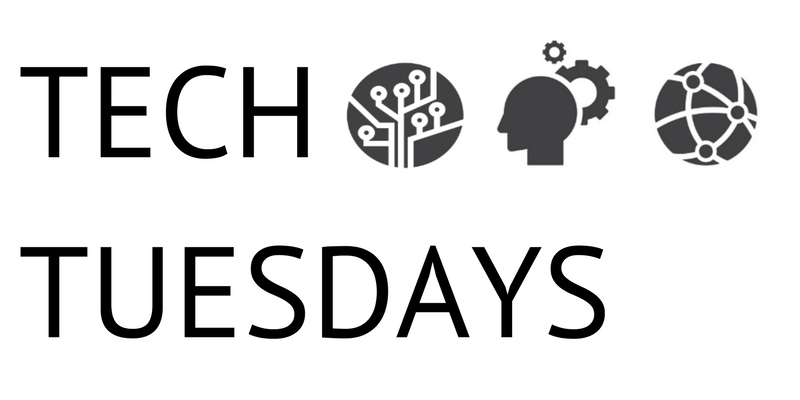| By Charlie Close |
In any field worth studying there is more to know than you will ever be able to learn. That’s certainly true in my field of data science and analytics, which is exploding in every direction with new ideas and discoveries. It’s also true of leadership, or playing the violin, or running the front desk of a hotel.
Some people might find it intimidating, trying to remain standing on a treadmill that never slows down, but I don’t because I approach learning in a different way. I learn what I need to know when I need to know it.
I think of my knowledge as falling into different categories.
There are the things I really really know and can really really do because I’ve done them thousands of times. For example, I can write database queries in my head and type with my eyes closed. I have those skills because they’re useful and because I’ve practiced them for years. I can’t be confused or surprised into forgetting them.
There are other things I know something about and have some ability to do. I can create a neural network from scratch to categorize data, or make a spider chart in Tableau. I’ve done them before but if I try to do them again I will have to look things up and I will probably struggle a bit. While I would prefer to do them easily, the extra effort doesn’t matter much, and if I have to do them often enough they will eventually become easy. I picked them up in the first place because at some point or other I needed them. If I’ve forgotten them since, it was because I didn’t need them again. For these kinds of skills, the important thing is to know I can use them if I need to.
There are skills that I know exist but have never tried. I can expect to have a hard time with them. If I think one of these skills might come in handy and I’m interested in it, I’ll look for a tutorial that walks through a simple example – enough to give the idea and help me understand where I would want to use it. A little practice now will save me time later, if for no other reason than having a working example to refer to.
Then there are the skills and ideas I have never heard of, the unknown unknowns. They can’t help me because I don’t know they exist.
Here’s something I’ve learned over the years. I will not master most skills, and that’s fine. The reason I haven’t mastered them already is because I didn’t need to and didn’t want to. If they ever become important enough to practice every day, I will master them naturally. (By naturally I mean with effort and some frustration. That’s how learning works.) In the meantime, spending some time practicing the interesting skills without mastering them will speed up the process if I ever need to learn them later.
My advice: learn what you want to know and need to know to do the work in front of you. There is no point in worrying about mastery before then. There will be time to drink from the firehose when you’re thirsty.
That said, the last category – the ideas you don’t know exist – can hurt you. It’s a lot harder to get over a brick wall if you’ve never heard of a ladder. (Or a catapult. Or a grappling hook. Or a pogo stick. There is always more than one way to solve a problem.) If you’ve at least heard of a ladder you can try to buy one or build one.
That’s where reading comes in, and going to conferences and user groups, and talking to other people where you work. That’s where you find out about the things you didn’t know you didn’t know, and maybe give them a try so you can use them in earnest if you ever need to. It’s not important to master everything but it’s very helpful to know at least something about many things, to have some idea which direction to move when a new problem shows up.
A final point. What you spend time on should have as much to do with what you want to learn as what’s needed at the moment. The knowledge that interests you is more likely to be unique and distinguish you from others, and is more likely to be something you’ll spend the time it takes to master. Give at least as much respect to want as to need. Want is where the best learning comes from.

About the Author
Charlie Close is a data scientist at Gale and former analyst on Gale’s search engine team. His research includes study of user behavior to improve Gale products.

